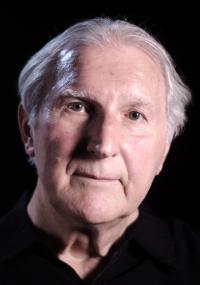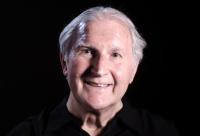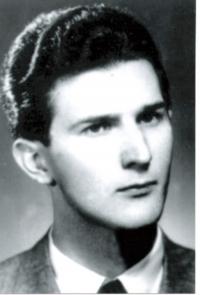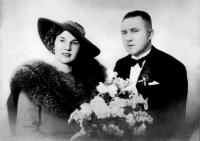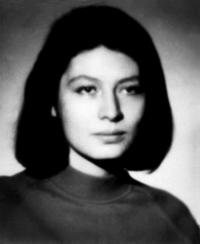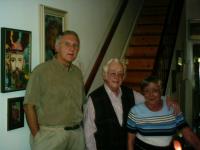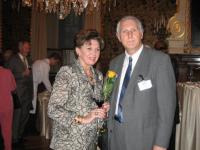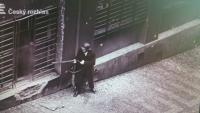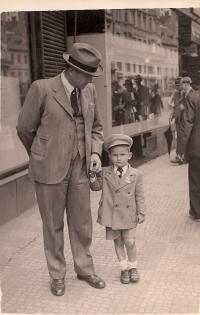I emigrated to avoid my father‘s fate
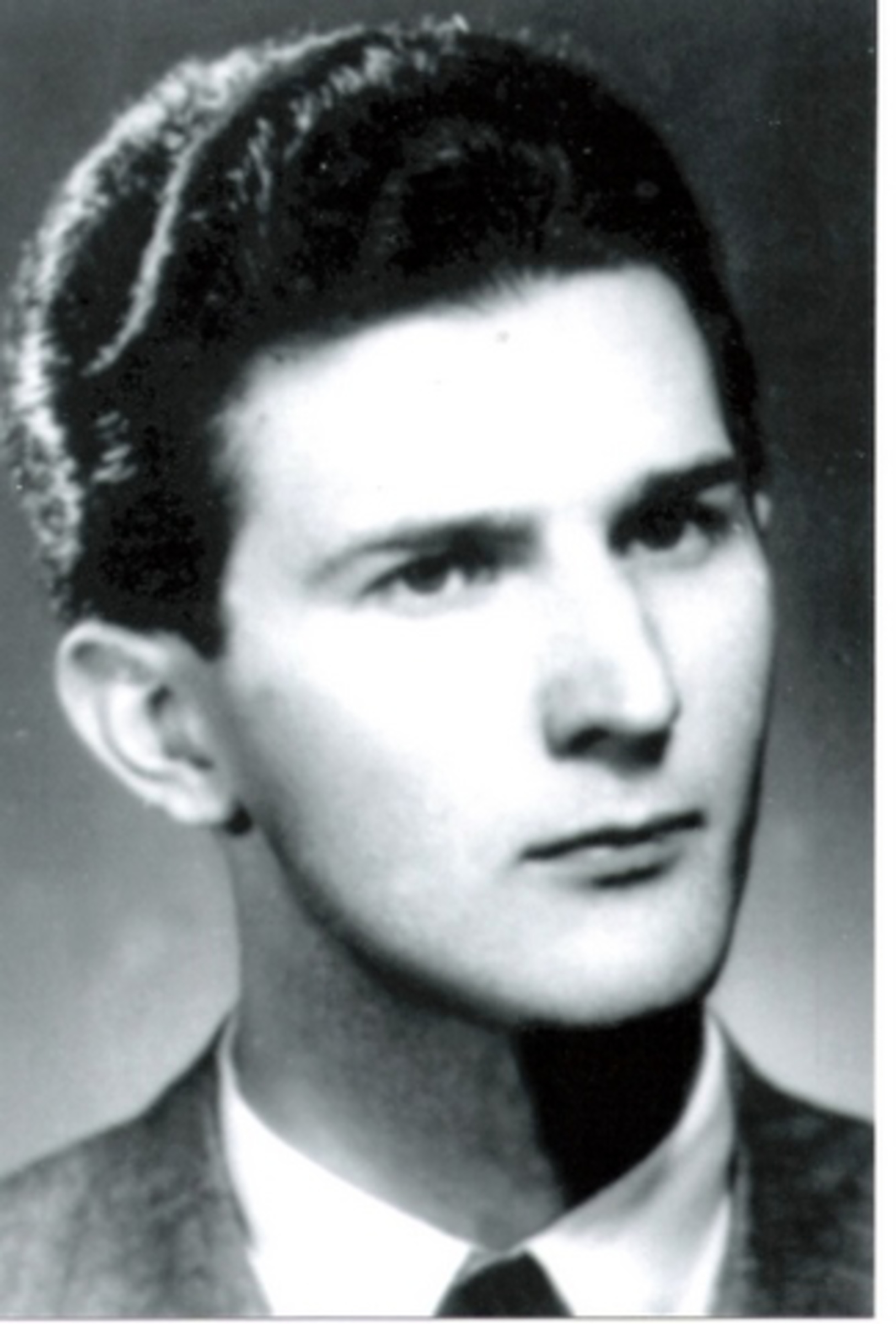
Stáhnout obrázek
Miloš Šuchma was born on 6 February 1940 in Prague. His father Miroslav Šuchma was trading gold. In September 1951 the secret police stormed their apartment in Vinohrady, Prague. Both his parents were taken away, Miloš was left home alone for two days under the watch of two policemen. All the family property was confiscated. His mother was released after two days but his father was sentenced to two and a half years in prison. He was tried in a staged trial against a group of jewellers with the communists trying to make an impreesion that they did business illegaly and robbed the state. The Šuchma family was then faced with communist persecution. Miloš was not admitted to a university and had to work in a blue-collar job. Luckily, at the beginning of 60s an IT center was buing established there which he was able to become part of and later even manage. He also made use of his IT know-how while doing military service. He became member of the Club of Committed Non-Party Members committee. In August 1968 he and his wife were travelling around Europe. Upon finding out about the Soviet military occupation, they opted for emigration. They moved to Canada where he found a prestigious job with the state airline. He also became active in the Czechoslovak Association in Canada. He helped the exiles, was in touch with Czechoslovak dissidents, and became a co-founder of the Západ (West) magazine. In 1987 he became the chairman of the Czechoslovak Association where he remains active to this day. He lives in Canada and in the Czech Republic.
